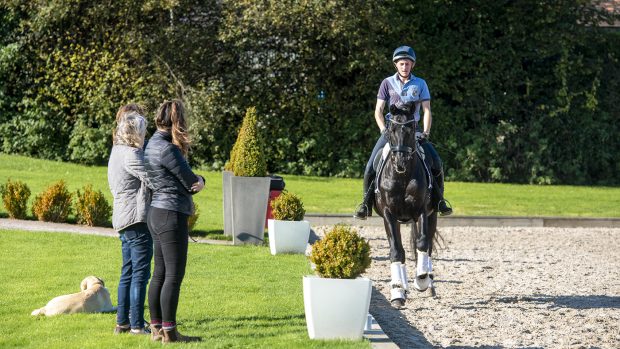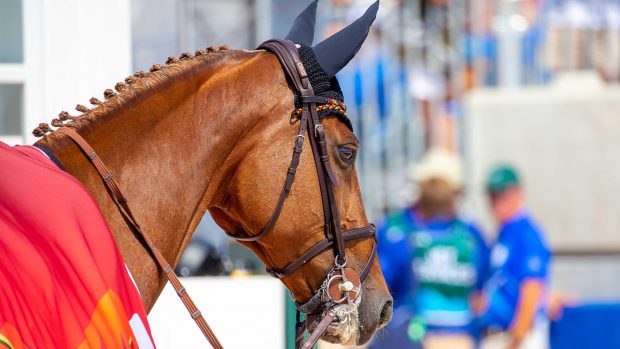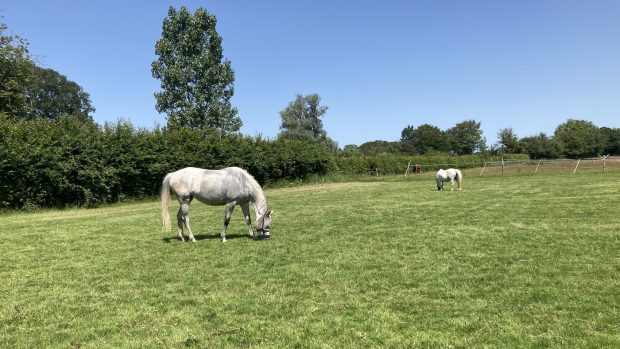Now is the time to stop and take stock if your horses are not performing as you had anticipated this summer. Both the stomach and the lungs can be affected by poor nutrition, and could chronically affect health and performance.
Using gastro-endoscopy and bronchiolar lavage, vets can examine the health of the stomach and lungs respectively. The optimum function of these parts of the body are vital for performance. As the season progresses, some horses’ appetites may drop, particularly for forage, leading to a perfect environment for gastric ulcer development.
Whether gastric ulcers are the root cause or stress precipitates their development is a moot point. But, there is a resulting imbalance between continual production of stomach acid and the buffering effects of saliva, which is only produced when the horse eats.
A horse that is off some or all of its feed will therefore have acid accumulation, which in turn erodes unprotected areas of the stomach and small intestine. Eating coarse, stalky roughage might then be uncomfortable, so a vicious circle of poor appetite and gastric ulcers can develop.
Breaking the cycle might require medication, but this is not a long-term option. Dietary management through extending eating times can help.
The same is true for lung health. The lungs work in harmony with the heart and muscles to provide oxygen and remove the waste product carbon dioxide to and from the muscle cells. Impaired lung function can break the chain, and this is more prevalent than we probably think.
Recent studies show that endemic airway inflammation in stabled competition horses can become evident within one week of stabling — as a result of an increased dust and allergenic load from the enclosed environment.
The same proviso also goes for horses that travel frequently in horseboxes. Reducing the dust load by using dust-free forage and bedding can help, and dietary antioxidants have also been proven to improve lung defences against inflammation.
Tips for top performance
- Turning the horse out for part of each day is beneficial for relaxation, to increase the time spent eating and for the horse to be out of the enclosed environment
- Reduce gastric ulcers by extending eating time. Add a low-calorie short-chop, forage replacer to meals and double-net hay or haylage nets
- Reduce dust challenges to the lungs by using haylage or soaked hay, and by storing forage and bedding away from the stables. Avoid using forage that has dried out after soaking or been open for several days
- Ensure good ventilation in the stable and the horsebox
|
||
 |
||


 Get up to 19 issues FREE
Get up to 19 issues FREE TO SUBSCRIBE
TO SUBSCRIBE 



